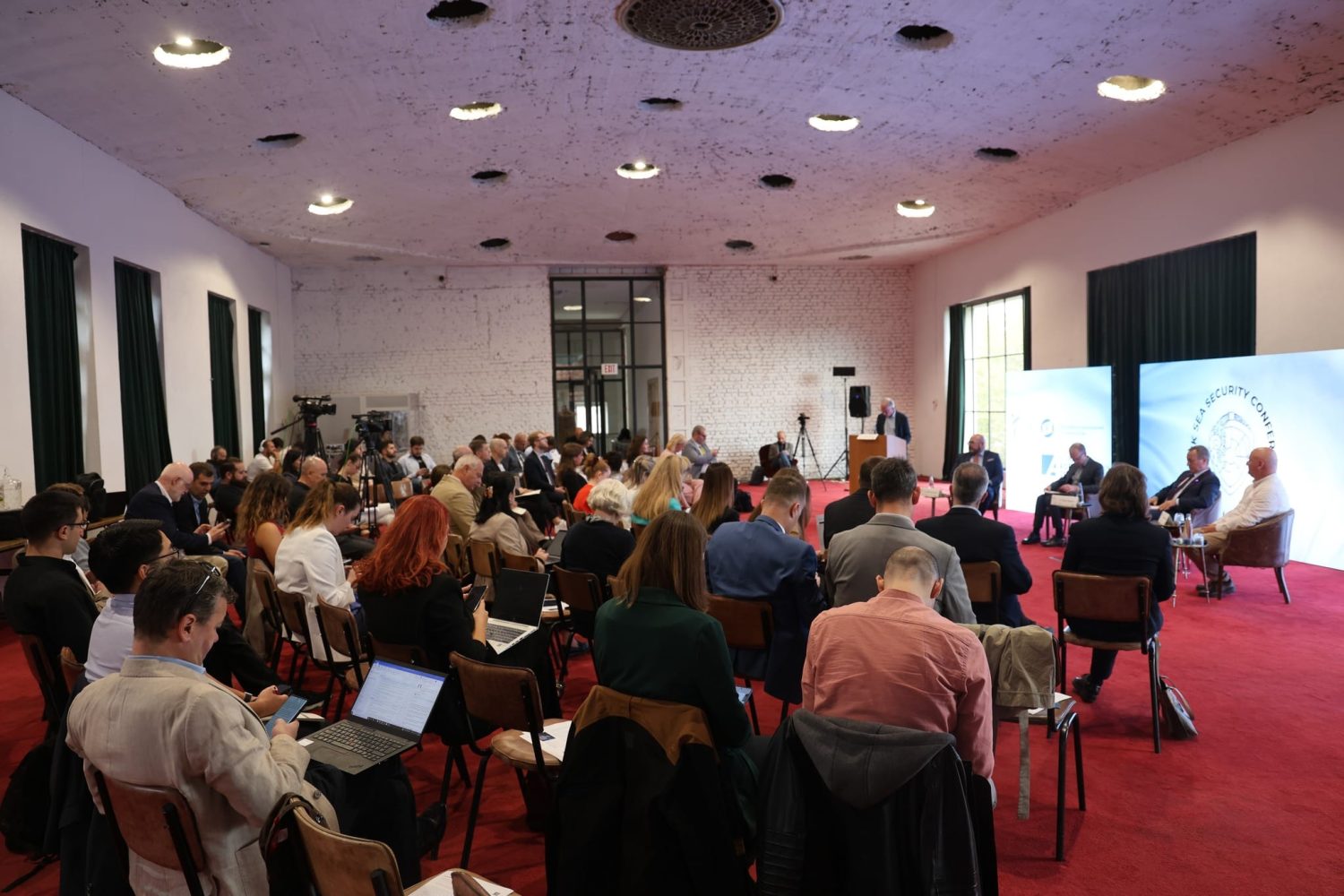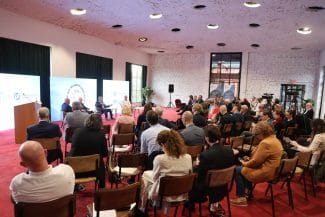The new book “Security Dynamics in the Black Sea Region Geopolitical Shifts and Regional Orders” was presented at the Black Sea Security Conference in Tbilisi and in Brussels at the discussion “The EU and the Black Sea Region Security Amid the Changing Geopolitics.”
Professor Kornely Kakachia, the director of the Georgian Institute of Politics and co-editor of the book, shared his findings and discussed the significant implications of the changing geopolitical context in the Black Sea. He focused on the perspectives of global and regional actors and the EU itself.
The conflict between Russia and Ukraine has highlighted the ongoing competition for control of the Black Sea, which is crucial for the security of Europe. The region is a battleground for influence between Russia and the West, especially since Russia’s annexation of Crimea in 2014. Additionally, the Black Sea holds significant economic and transit potential, offering access to energy resources from the Caspian and Central Asian regions for Europe. The EU sees the Black Sea as vital to its growing connectivity policy with Asia and the Middle East. In response to Russia’s actions, the EU is considering new strategic policies for the Black Sea region. However, it is essential for the EU, in collaboration with NATO and the US, to work closely with the countries in the region to address shared challenges. The EU and its Western partners have a crucial role in ensuring stability and security in the region, which will be essential for the overall security of Europe.
The events in Brussels and Tbilisi focused on the political and security environment in the Black Sea region and the South Caucasus. The book presentation aimed to draw more attention to the significance of the Black Sea region within the broader European security framework. It brought together prominent experts, policymakers, and diplomatic missions to discuss the importance of the Black Sea region within Europe’s security architecture and shared future.
The Black Sea Security Conference was organized by the European Liberal Forum in cooperation with the Friedrich Naumann Foundation for Freedom and the Europe-Georgia Institute, with the participation of the Konrad Adenauer Foundation.
The discussion in Brussels “The EU and the Black Sea Region Security Amid the Changing Geopolitics,” was organized by the Konrad Adenauer Foundation in cooperation with the German Council on Foreign Relations (DGAP).








